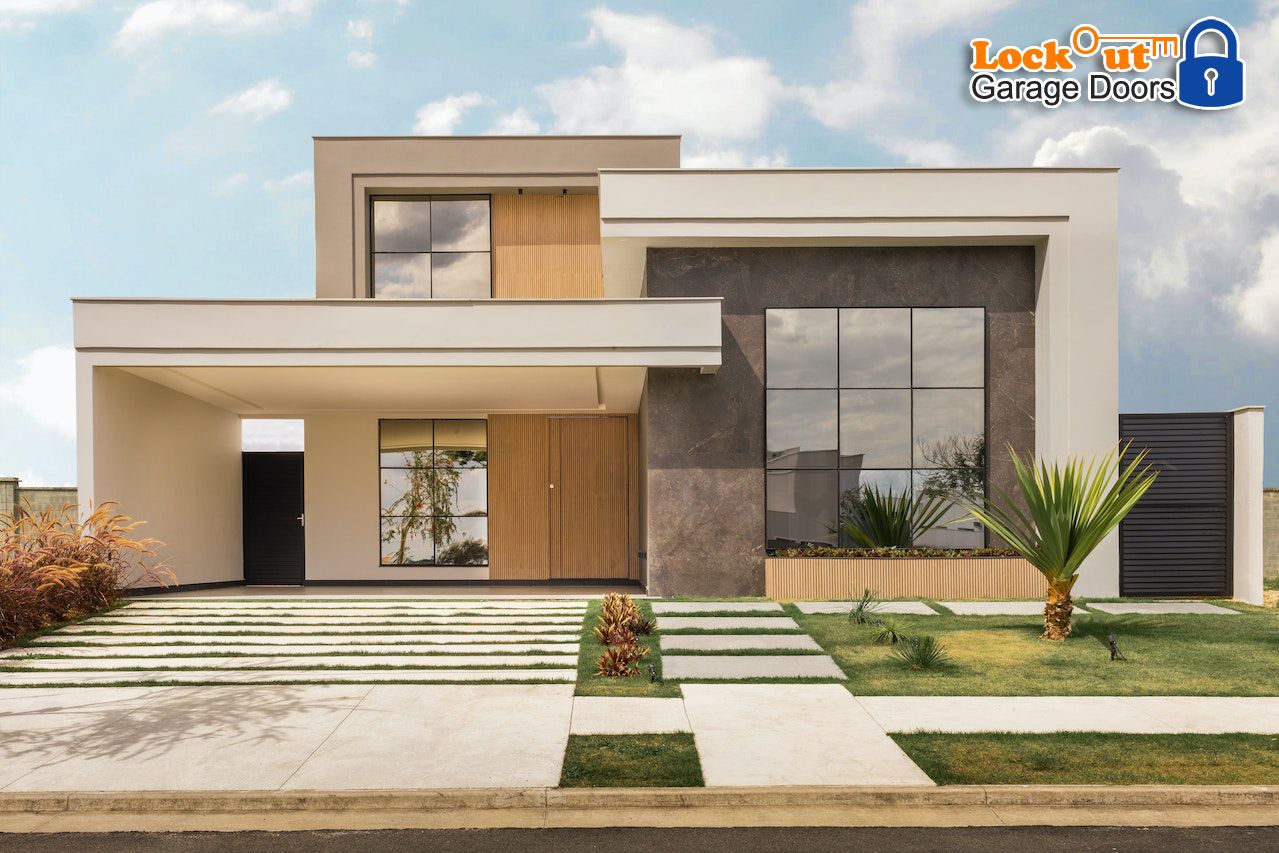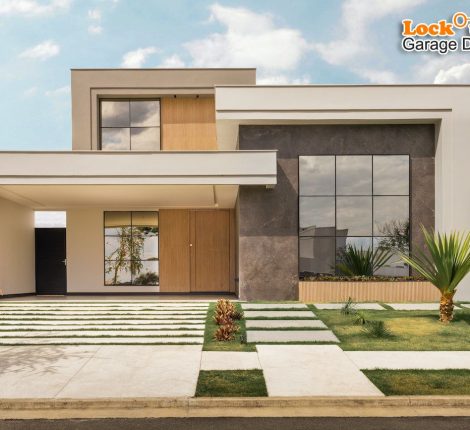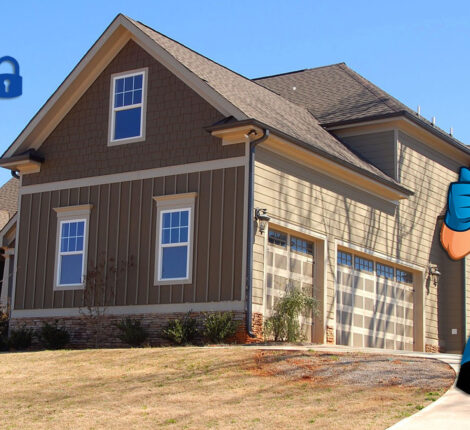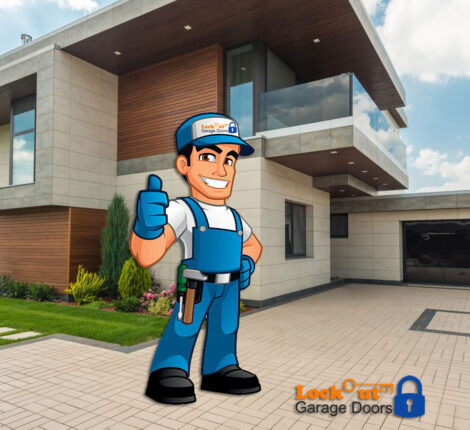How to Repair Residential Garage Doors in no time?
Repairing a residential garage door can be a complex task, and it’s important to approach it with caution to avoid injury or further damage.
Here are some general steps you can follow for residential garage doors repairs San Diego:
- Assess the problem: Examine the garage door to determine the cause of the issue. Common problems include broken springs, damaged tracks, faulty openers, or worn-out rollers.
- Gather the necessary tools: You will need a set of wrenches, pliers, screwdrivers, and other tools depending on the specific repair required.
- Disconnect the power: To ensure your safety, disconnect the power to the garage door opener before beginning any repair work.
- Replace broken parts: If a part is damaged or worn out, replace it with a new one. This may involve removing the damaged part, finding a replacement, and installing the new part.
- Lubricate moving parts: Garage doors have many moving parts that need regular lubrication to function properly. Apply a lubricant to the tracks, rollers, and hinges to keep them working smoothly.
- Test the door: After making any repairs or adjustments, test the garage door to make sure it opens and closes smoothly and without any problems.
If you are not confident in your ability to repair a garage door, it’s best to consult a professional for assistance. They will have the necessary experience and tools to safely and effectively repair your garage door.
Here are some additional tips and guidelines for repairing residential garage doors Repairs San Diego:
- Safety first: Always prioritize your safety when working with a garage door. Wear protective gear, such as gloves and safety glasses, and be cautious when handling heavy parts or tools.
- Know when to call a professional: Some garage door repairs, such as those involving the springs or cables, can be dangerous and require specialized knowledge and tools. If you’re unsure about a repair or feel uncomfortable doing it yourself, call a professional garage door repair service.
- Keep the door balanced: A garage door that is unbalanced can strain the opener and cause premature wear and tear on the door’s parts. Check the balance of the door regularly by disconnecting the opener and manually opening and closing the door. If the door is difficult to open or doesn’t stay open when released, it may need to be balanced.
- Keep the tracks clean and aligned: Dirt or debris in the tracks can cause the door to bind or become stuck. Clean the tracks regularly and make sure they are aligned properly. If the tracks are damaged or misaligned, they may need to be repaired or replaced.
- Test the safety features: Garage doors have safety features that prevent them from closing if something is in the way. Test these features regularly by placing an object, such as a broom, in the door’s path and attempting to close the door. If the door doesn’t stop, the safety features may need to be adjusted or repaired.
- Keep the door maintained: Regular maintenance, such as lubrication and tightening loose parts, can help prevent problems and extend the life of your garage door. Follow the manufacturer’s maintenance guidelines or consult a professional for advice on maintaining your specific type of door.
By following these guidelines and taking a cautious and methodical approach, you can repair your residential garage door and keep it functioning smoothly and safely for years to come.




